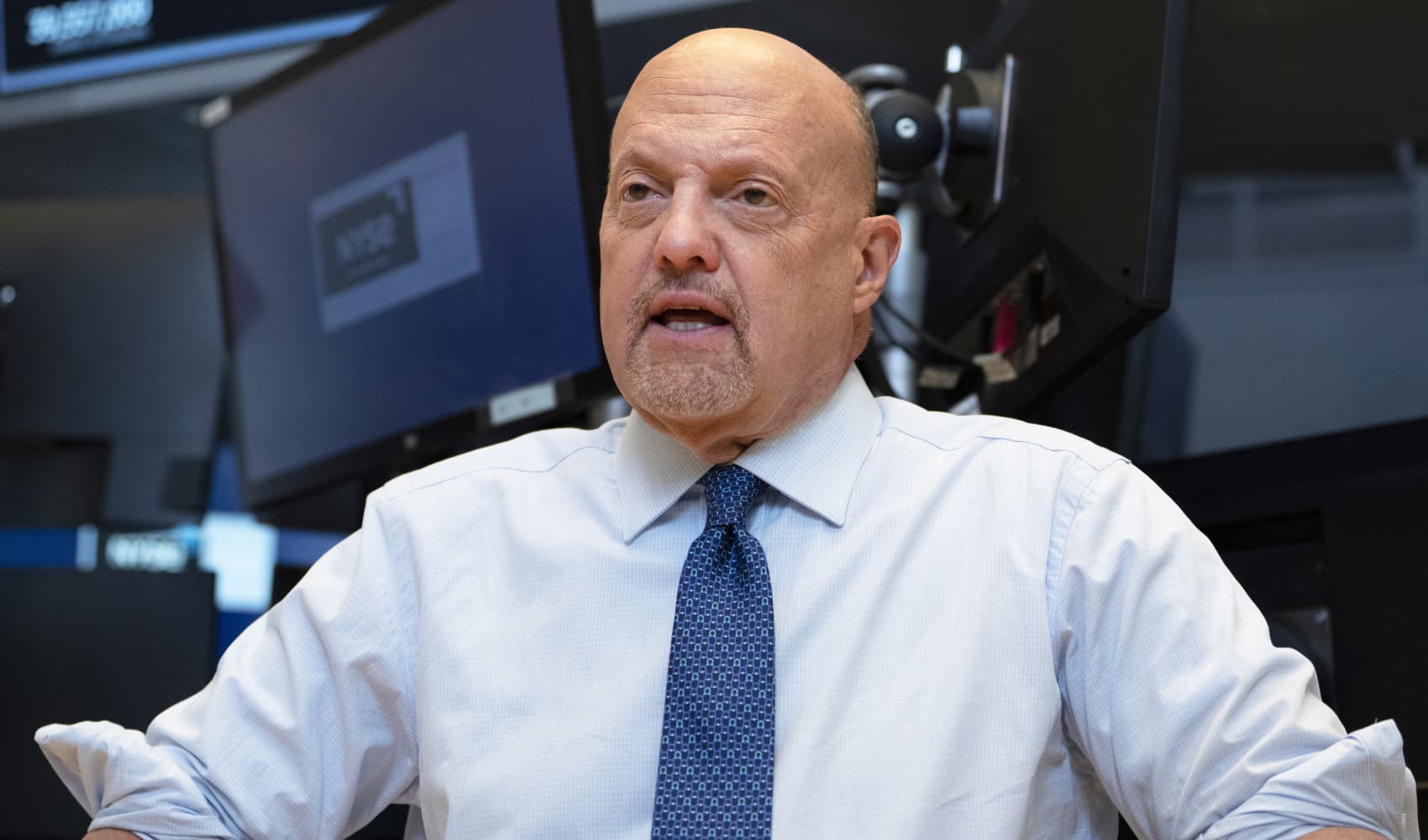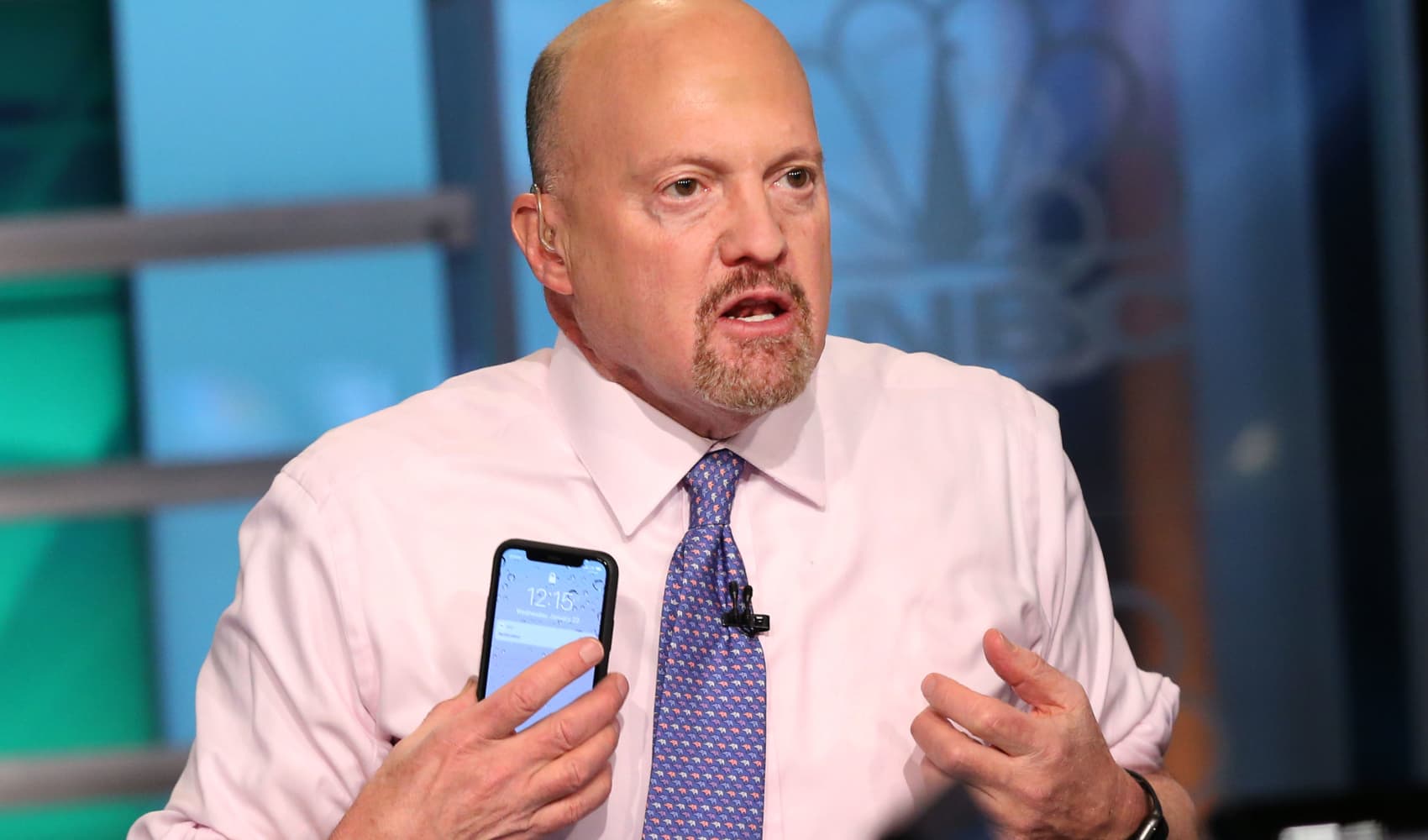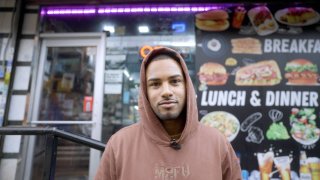
This story is part of CNBC Make It's Millennial Money series, which details how people around the world earn, spend and save their money.
Hector Carvajal lives to hustle. He doesn't know any other way.
He saw it from his neighbors growing up in the Dominican Republic, and then stateside when he was 8 and his family moved to the Bronx borough of New York City. His mom's first job in the U.S. was cleaning tables at McDonald's and his dad drove a cab. As a teen, Carvajal saw people selling candy on the subways and at school, so he decided to try it, too.
As an immigrant family, "we go for it," he tells CNBC Make It. "It's a sense of hunger, a sense of drive. We don't come here with anything, so we're trying to build something."
Get New England news, weather forecasts and entertainment stories to your inbox. Sign up for NECN newsletters.
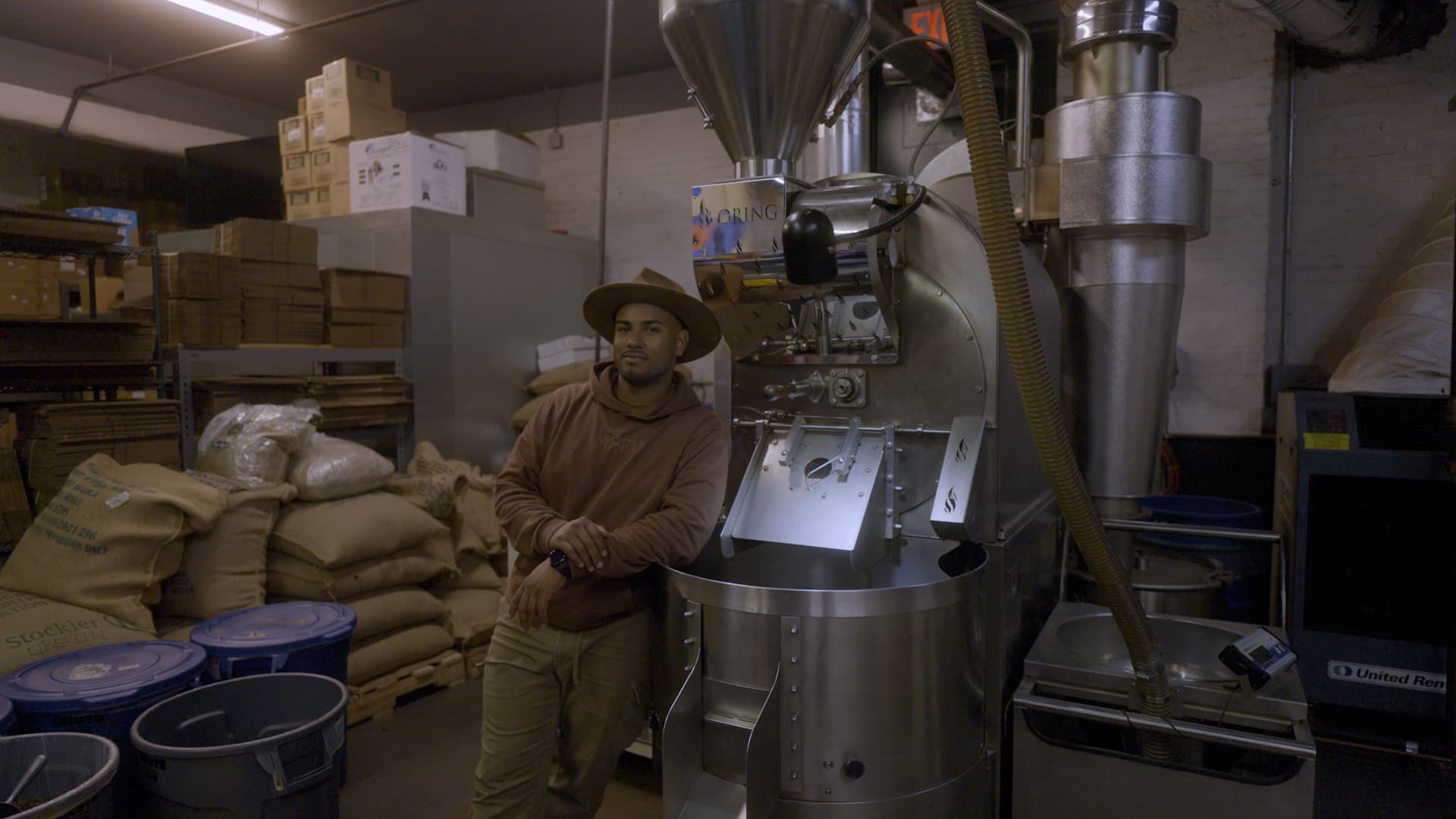
That drive steered him toward studying business marketing at the University of Rochester and, in 2019, he brought a class project to life as a real business. He took a leave of absence from college, with one year left to graduate, to focus on it full-time.
Today, the 26-year-old runs Don Carvajal Cafe, a coffee roasting company out of the South Bronx that sources its beans from the Dominican Republic.
Money Report
From January to early December 2022, his business brought in roughly $190,000 in sales. From that, Carvajal lives off a $25,000 salary. "'I just make it work, the same way my mom made it work," he says.
Here's how he manages his money while growing his business.
From classrooms to cafes
When Carvajal was tasked with mocking up a business plan in college, his mind immediately went to coffee. "In the countryside of the Dominican Republic, we farm, we harvest, we roast coffee," he says. Carvajal has vivid memories of his mom brewing a fresh batch for the house every morning.
He wanted to bring attention to Dominican-sourced products, which he feels are underrepresented despite Dominicans being one of the biggest immigrant groups in New York City.
He named the business and designed the logo after his grandfather, who provided for his family as a farmer in the Dominican Republic.
"I've always been interested in finding a way to loop it back to where my family started," Carvajal says. "Being a New York City kid and coming from a farmer family in the Dominican Republic, I felt that Don Carvajal was the bridge between these two experiences growing up."
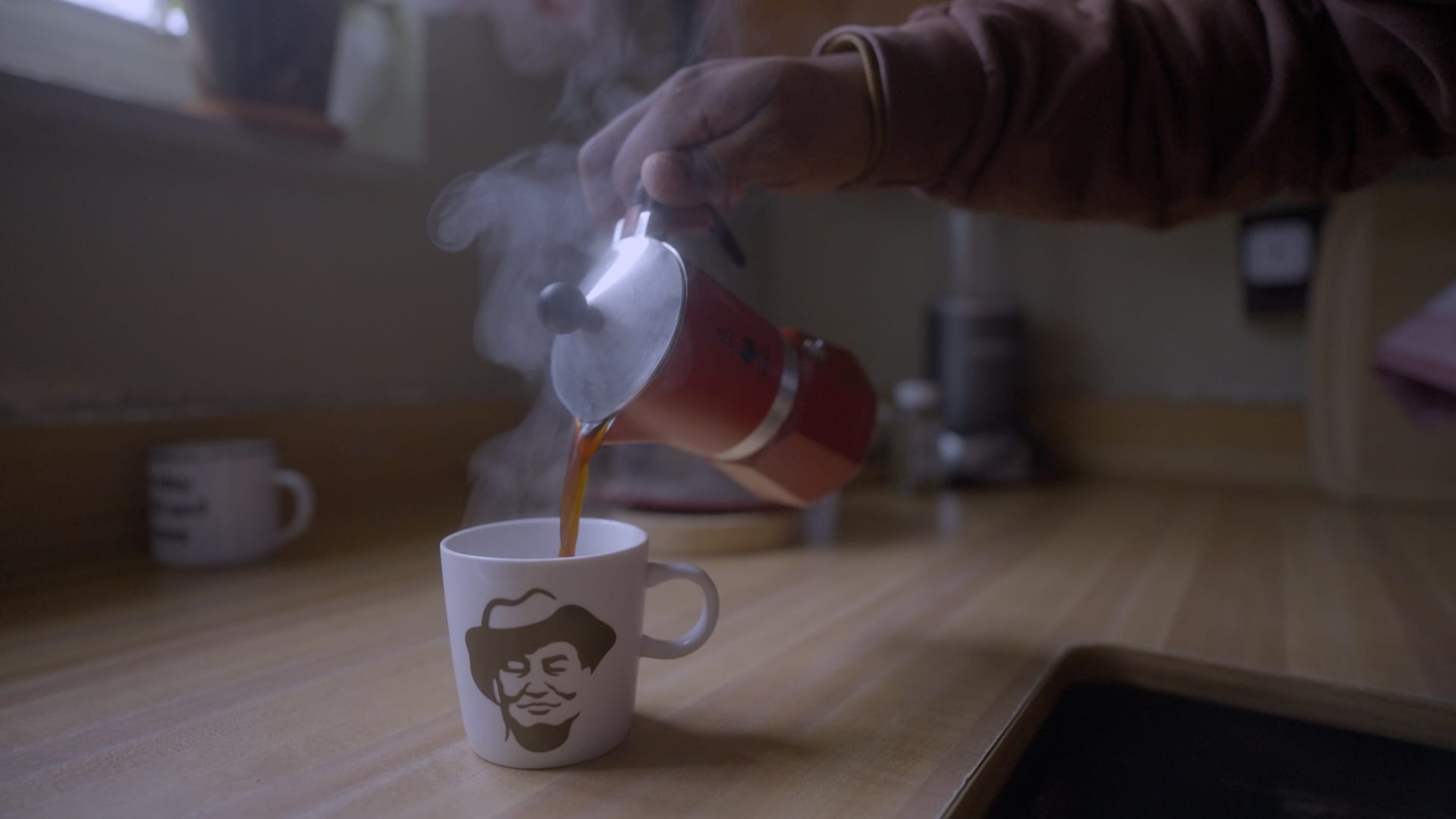
Carvajal's school project was a success. After he wrapped the class, he still had some extra coffee left and posted it for sale on social media. It got a lot of attention from his friends, and Carvajal realized he had a real opportunity on his hands.
Carvajal went back to his dorm room and immediately registered the name Don Carvajal Cafe as a business with the state of New York. He used some seed money — a $500 credit card and a $300 grant from school — to buy more coffee and sell it on Instagram.
He would reinvest any earnings to grow the business, including by finding a roasting facility to work out of, getting a delivery truck and hiring employees. He gained more traction throughout 2021 with a $60,000 Kickstarter campaign.
As a roaster, Carvajal sources coffee beans, gets the raw product to his roasting facility in Long Island City, creates different roasting profiles, and packages them up and sells them to customers nationwide. He makes most of his sales from e-commerce, farmers markets and selling to restaurants.
'I learned you don't need much to survive'
Growing up with little money is what led Carvajal to the frugal mentality he has today. He pays himself $25,000 a year and lives as minimally as possible. "I learned that you don't need much to survive," he says.
Carvajal's mom taught him about credit at a young age — he learned it was important to build and protect his credit score if he ever wanted to rent an apartment, finance a car or open a business. He got his first credit card at 18 and, at the advice of his brother, never maxes it out. Also a must: Paying it off in full every month.
For the first three years of running his business, Carvajal lived rent-free with his mom in the Bronx in her rent-stabilized apartment. Thanks to her, Carvajal was able to reinvest every bit of money made from the business back into it.
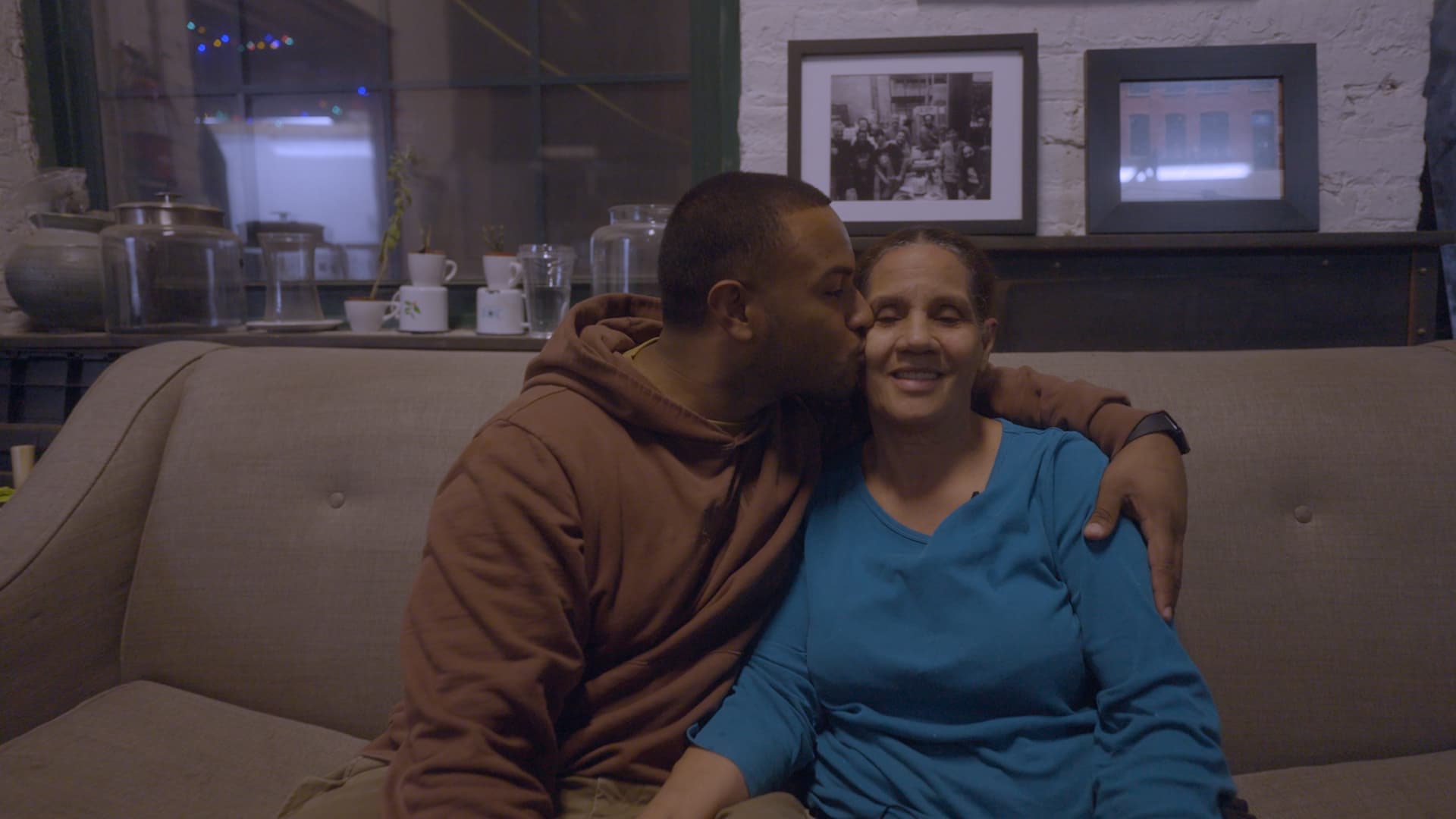
Carvajal credits his parents for his financial discipline today: "Thanks to their resilience and their hard work and their honesty, I am that type of person now that carries those values. And I'm able to carry out my craft, I'm able to chase my dreams."
How he spends his money
Here's how Carvajal spent his money in November 2022.
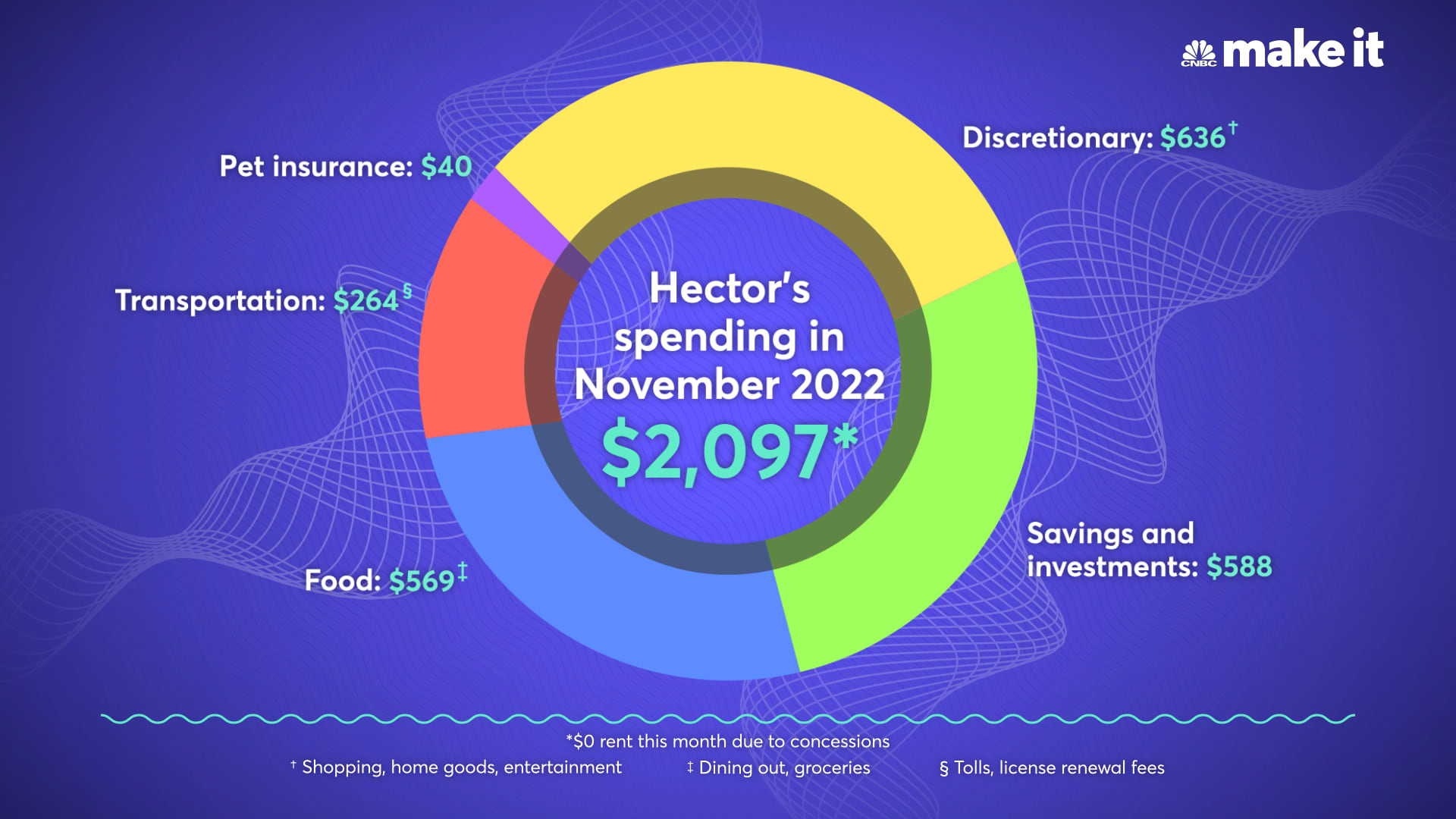
- Discretionary: $636 on shopping, home goods and entertainment
- Savings and investments: $588
- Food: $569 on dining out and groceries
- Transportation: $264 on tolls and license renewal fees
- Pet insurance: $40 per month for his French bulldog, Toasty
Carvajal recently signed a new apartment lease that came with a rent discount, so he didn't have to make a payment in the month of November. After the discount period, he and his girlfriend will split their rent and utilities down the middle and pay $1,500 each.
Carvajal qualifies for free health insurance through Medicaid and writes off his phone bill and car payments as business expenses under an LLC. He did pay out of pocket for other transportation costs in November, including toll fees and to renew his driver's license.
Otherwise, Carvajal spent a little over $600 on home goods for his new place and winter clothes for the month.
With some extra cash freed up, he's trying to get back into the habit of investing through Acorns, a micro-investing platform. In November, he made three deposits of $196 and plans to auto-invest that amount on a weekly basis.
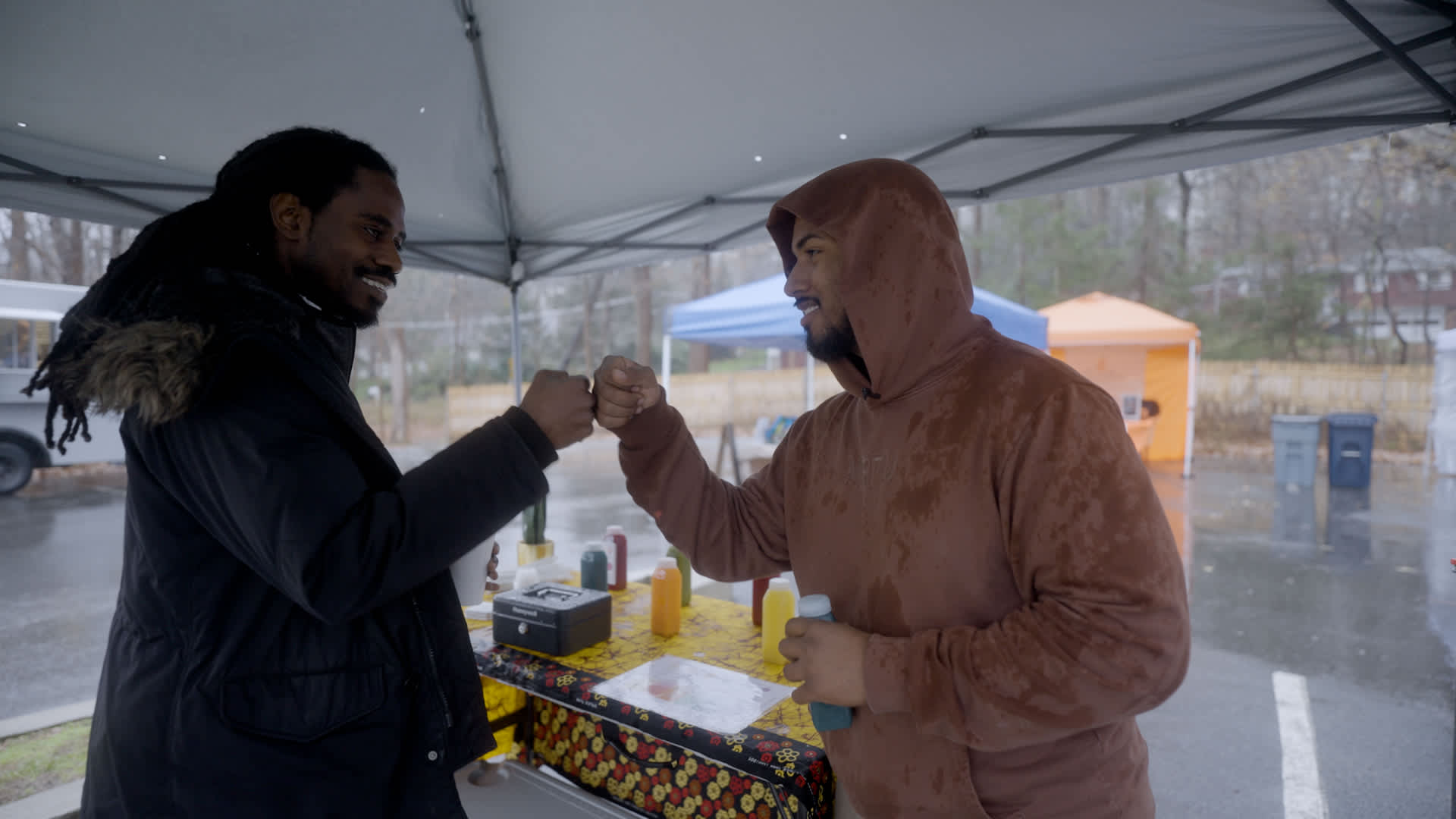
Eventually, he wants to earn money through passive income, like starting an ATM or vending machine business.
Carvajal supplements his grocery bill by bartering with other farmers market vendors for food. He'll trade them some of his coffee in exchange for what they have in season.
Another major expense for Carvajal: caring for his French bulldog, Toasty. In a given month, his share after splitting expenses with his girlfriend comes out to about $40 on his pet insurance and $60 for grooming.
Coffee with a mission
When asked about his goals for the future, Carvajal first thinks of paying it forward in the coffee world.
His focus: Getting more Dominican-grown coffee on the map. Back in the 1900s, he says, the Dominican Republic used to export a lot more coffee, but in recent decades, the climate crisis and invasive coffee leaf rust has destroyed a lot of farmland.
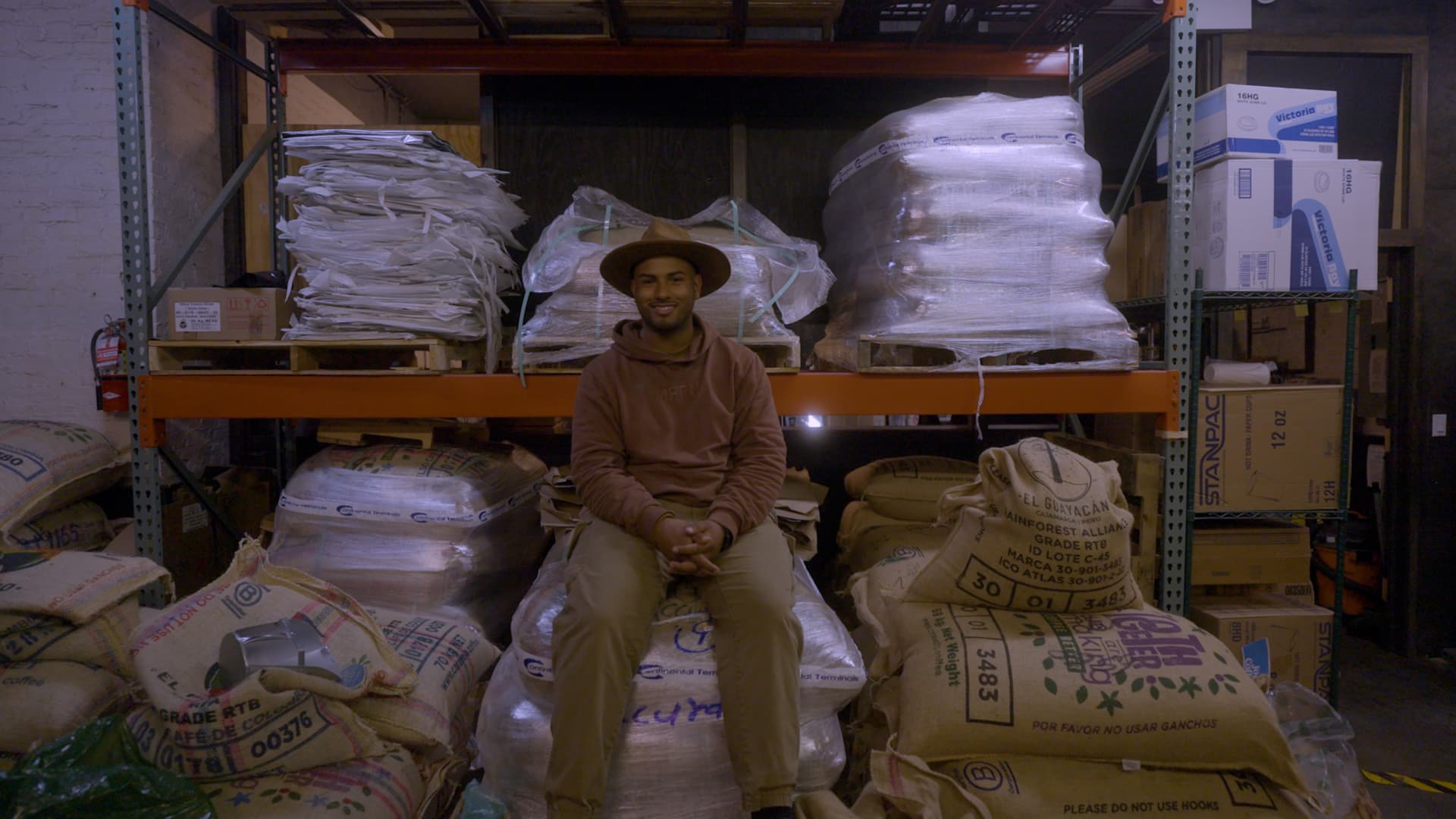
"A lot of the farmers did not have the capital to reinvest back into their fields," Carvajal explains. "We're making our way back little by little."
It's also why it's so important to him to source his coffee from farmers in the Dominican Republic. In the early days of Don Carvajal Cafe, he connected with a Eddy Ramirez, a farmer in Jarabacoa, and spent a week there to get to know his family and their estate.
"I believe it's important to have a relationship with the coffee farmer, because at the end of the day, it creates more transparency between you, the producers and the end consumer," Carvajal says.
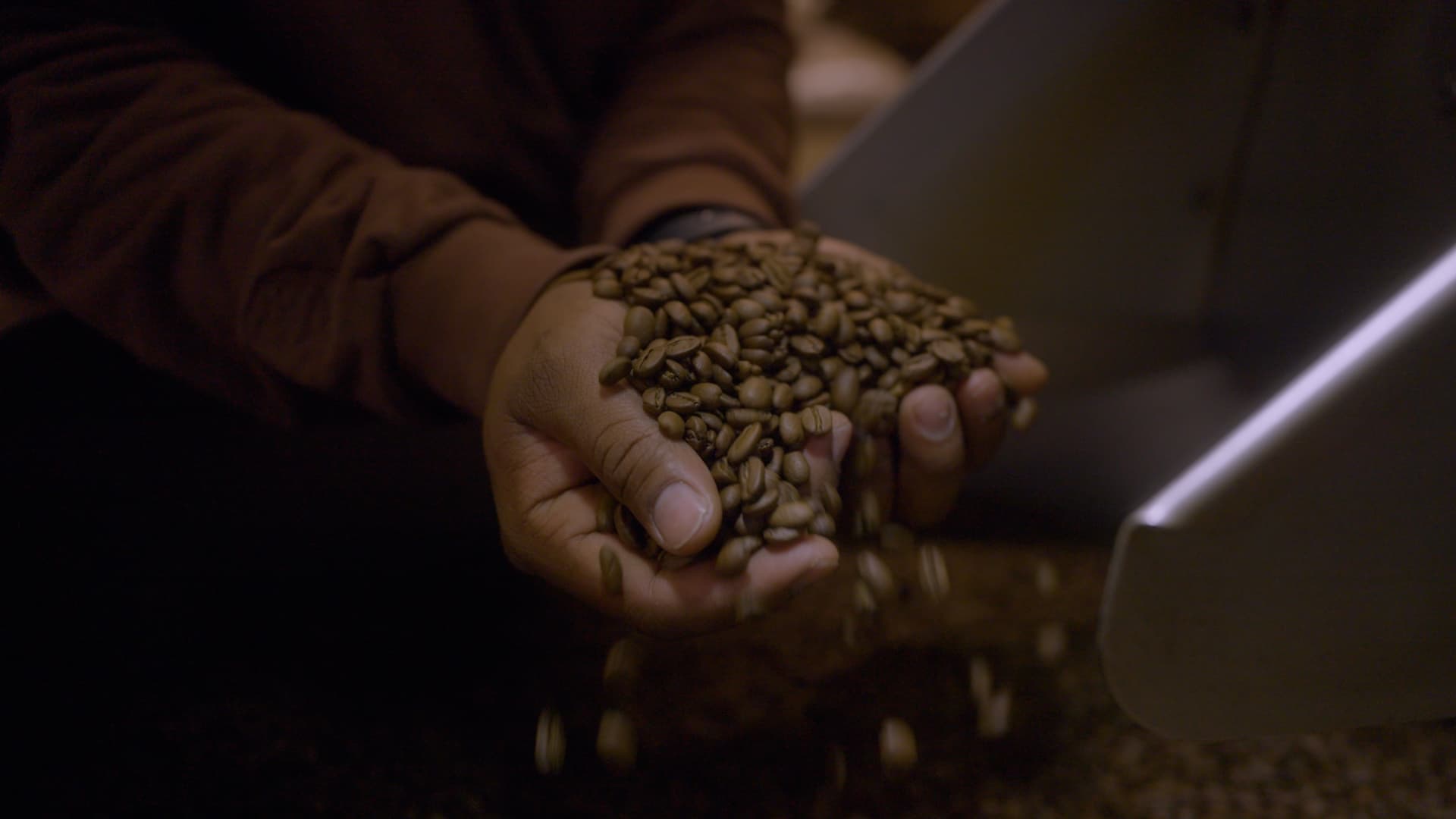
It's a meaningful transaction in more ways than one, he adds: "You supporting them directly is you putting more money in their pockets, it's you respecting their labor, it's you investing into their craft. And that's the same they're going to do with you."
As far as his business goes, he hopes to expand Don Carvajal Cafe's retail and wholesale presence and to grow his borders beyond New York. He just struck a deal to sell his coffee at Whole Foods stores throughout the northeastern region of the U.S. by March.
Ultimately, he also wants to provide for his mother: "I want to make sure I take care of her financially for all the good stuff she has done for me to be here today."
What's your budget breakdown? Share your story with us for a chance to be featured in a future installment.
Sign up now: Get smarter about your money and career with our weekly newsletter
Don't miss: 31-year-old makes $15,000/month as a voiceover artist and lives in a school bus


